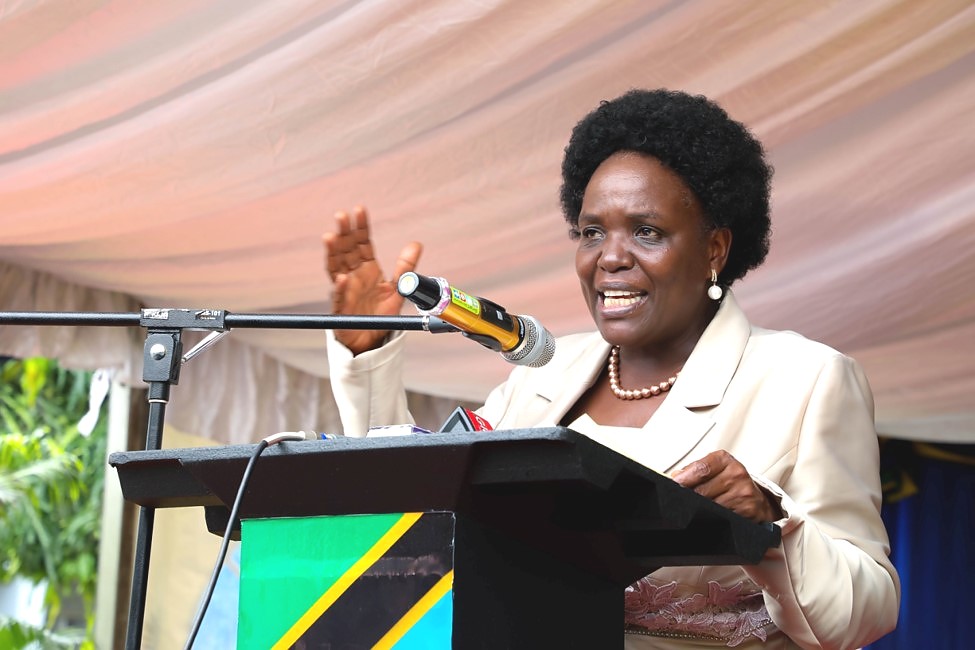Minister for Education, Science and Technology, Prof. Joyce Ndalichako has pledged to ensure value for money during the implementation of the World Bank (WB) funded Higher Education for Economic Transformation (HEET) project. Prof. Ndalichako made the commitment after the signing of the agreement between the Finance and Planning Minister, Dr. Mwigulu Nchemba and WB Country Director for Tanzania, Ms. Mara Warwick.
She said her Ministry will make sure that the funds amounting to 982,1bn/- provided by the World Bank to be invested in the higher education sector for a duration of five years is spent by strictly adhering to the aspect of value for money. "The objective of the project is to strengthen the learning environment and ensure labour market as well as improving the management of the higher education system" she said.
She added that the project focuses on major expansion and improvement of teaching and learning infrastructure in 23 higher learning institutions. Prof. Ndalichako said the expected outcomes of the HEET project include increase enrollment by 30 percent in key high-level skills in 14 priority disciplines needed in our industrial driven middle-level economy.
"The Government identified these 14 priority disciplines based on key areas indicated in key National Strategic Frameworks, notably: the National Skills Development Strategy 2015/2016 - 2025/2026; Vision 2025, the National Education and Training Policy 2014 and CCM Manifesto of 2020-2025" she insisted. She named the priority disciplines as Engineering and Technology, Health Sciences, Agriculture and Agribusiness, Urban and Environmental Engineering Technology, Climate Change, Renewable Energy, ICT, Material Sciences, Tourism and Hospitality, Wildlife Conservation, Academic-Industry Linkage, Humanities and Education.
The Education Minister said the project will also contribute significantly in the construction and rehabilitation of 130 lecture halls and classrooms, 34 students' hostels, 108 laboratories/Workshops, 55 seminar rooms, 23 Science meeting rooms, and ten farm infrastructures. As for the Capacity Building, for academic staff and university leadership almost 623 academic staffs which include 268 females and 355 males will be trained to PhD level and 477 at Master of Science level.
Through the project they will also review and update 290 demand-driven curricula, build capacity in ICT usage, digitalise all campuses, promote undertaking of applied research and industry. They will also develop options for self-generated income, innovation capacity, enhancing gender equity in higher education and career-building to students with special needs and building functional linkages with private sector.
She assured that the Ministry will closely supervise the implementation of the project to ensure that the utilization of funds abide by the World Bank guidelines. Prof. Ndalichako cautioned the institutions which will implement the project that she will not tolerate any misuse of the funds as they are meant to serve the intended objectives as indicated in the strategic investment plans.
